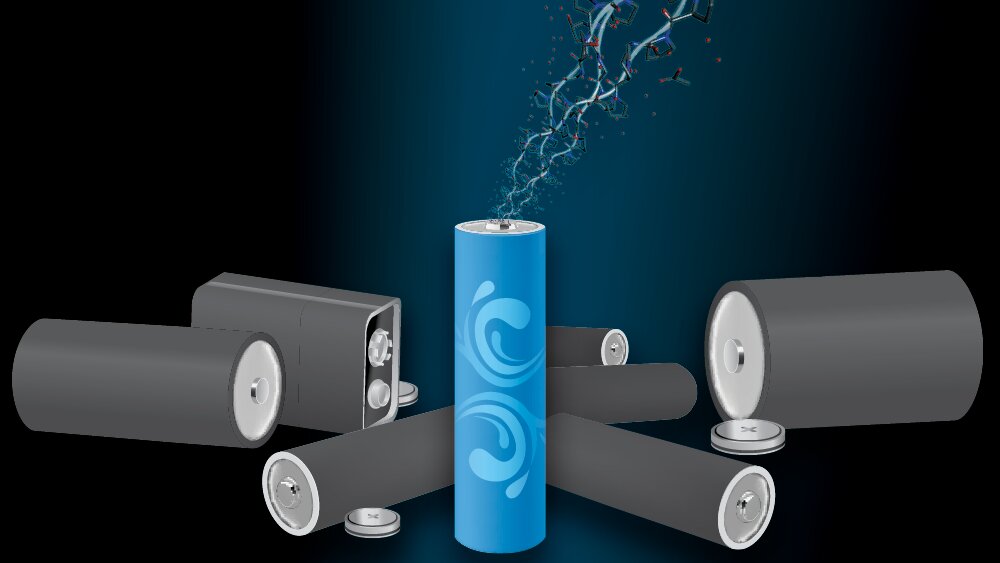
1000% Capacity in Energy Storage
Scientists from Texas A&M University working on metal-free, water-based battery electrodes reported up to a 1,000% increase in energy storage capacity.
According to the article published in Nature, these new batteries are much cheaper and less flammable than the cobalt-containing, lithium-ion batteries we currently use. The decrease in cobalt and lithium resources, and the fact that these resources are in different other countries are also factors that drove American researchers to develop safer batteries from local resources.
In the past two years, average raw material costs for electric vehicles have reportedly quadrupled due to the increased demand for materials such as cobalt, nickel and lithium. The predicted shortage of raw materials in the years ahead is considered a serious threat to the automotive industry, which is currently in a transition period from vehicles powered by gasoline and diesel to electric vehicles.
The structure of water-based or “aqueous” batteries consists of a cathode (negatively charged electrode), an anode (positively charged electrode), and an electrolyte (the liquid through which ions are transferred) as in conventional batteries. However, in these new batteries, the cathode and anode are composed of polymers that can store energy, and the electrolyte is normal water mixed with organic salts.
These redox-active, unconjugated radical polymers are promising candidates for metal-free batteries due to the high discharge voltage and fast redox kinetics of the polymers. The research team used simulations to provide insight into a microscopic molecular-scale picture of the structure and its dynamics.
One of the authors of the article, Dr. Jodie Lutkenhaus, says “If an electrode swells too much during cycling, then it can’t conduct electrons very well, and you lose all the performance. I believe there is a 1,000% difference in energy storage capacity, depending on the electrolyte choice because of swelling effects.”
This new energy storage technology is an important step towards non-lithium batteries. A better understanding of the mechanism that makes some battery electrodes work better than others at the molecular level provides researchers with strong evidence of what needs to be changed in material design.
REFERENCES
- 1. https://techxplore.com/news/2023-04-team-major-storage-capacity-water-based.html
- 2. https://electrek.co/2023/03/31/storage-capacity-water-based-batteries/
